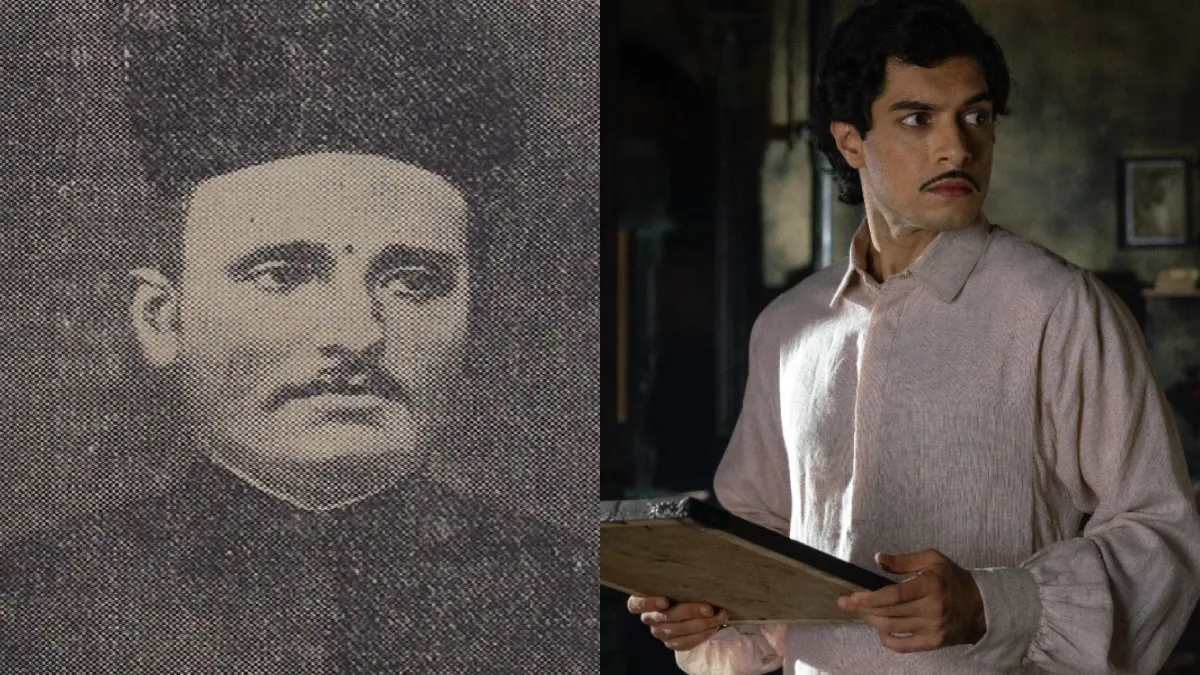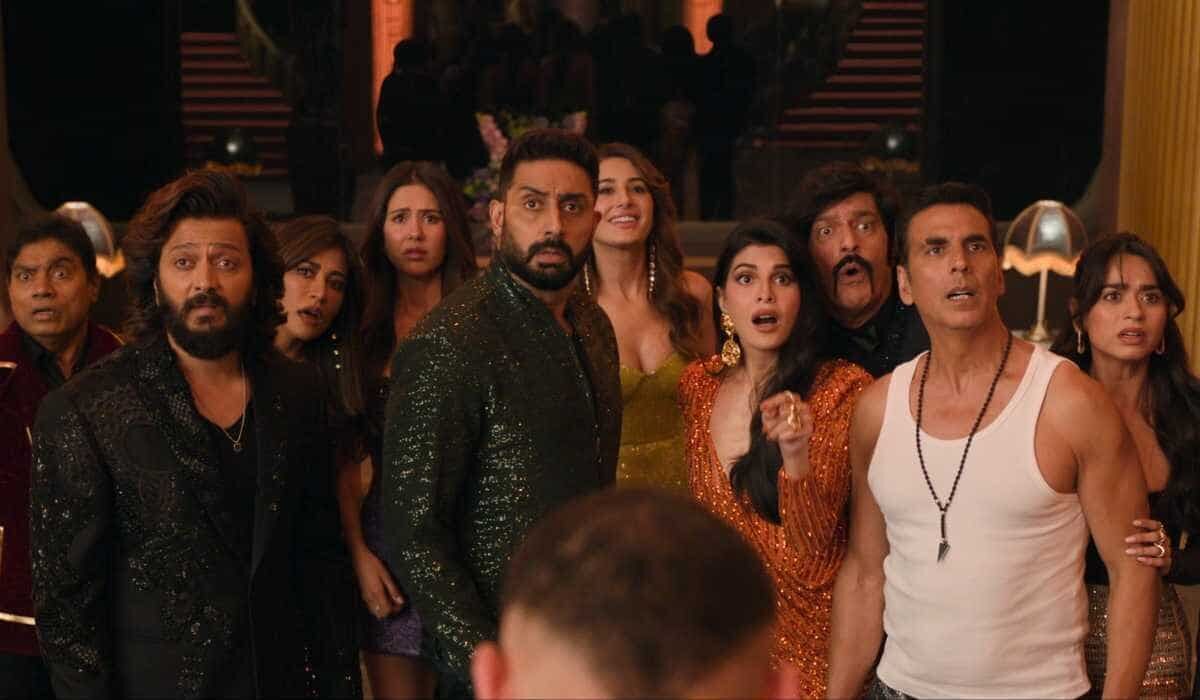Bhool Chuk Maaf Box Office Day 8: Rajkummar Rao & Wamiqa Gabbi’s Sci-Fi Rom-Com Nears…

Who Is Junaid Khan’s Character Karsandas Mulji In Maharaj? All About The Journalist Of 1862 Maharaj Libel Case
A Daring Journalist Fights for Truth: The Story of the Maharaj Libel Case
Aamir Khan’s son, Junaid Khan, recently entered the world of Bollywood with a movie called “Maharaj.” This film tells the true story of a brave journalist named Karsandas Mulji, who lived in the 1800s.
Karsandas was a champion for justice and social change. He used his writing skills as a journalist to expose wrongdoings, especially those affecting women. He was inspired by a famous scholar named Dadabhai Naoroji. Before starting his own newspaper, called “The Satya Prakash” (meaning “True Light”), Karsandas worked for another newspaper called “Rast Goftar.”
Karsandas was known for speaking out about important issues. He believed that women deserved equal rights and opportunities, and he even wrote an essay in support of allowing widows to remarry. This brave act caused a stir, and his own aunt even kicked him out of her house for his progressive views! Thankfully, Karsandas was able to find support elsewhere and continue his fight for what he believed in.
In 1855, Karsandas launched his own newspaper, “The Satya Prakash.” He used this platform to expose the wrongdoings of some religious leaders, particularly those who took advantage of their female followers.
One such leader was Jadunathji Maharaj, a powerful figure in a religious group called the Pushtimarg sect. Jadunathji was accused of abusing his position and having inappropriate relationships with women who followed him. He called this abuse “seva,” which means “service” in Hindi.
In 1862, Karsandas published an article titled “The True Religion of the Hindus and the Present Hypocritical Opinions.” This article questioned the behavior of religious leaders and specifically accused Jadunathji of misconduct. The article also claimed that devotees were expected to offer their wives to the leader as a sign of devotion, which was clearly wrong.
Jadunathji was not happy with these accusations. He felt his reputation was damaged and decided to take legal action. He filed a libel case against Karsandas and the publisher of his newspaper, demanding a huge sum of money as compensation.
This case, known as the “Maharaj Libel Case,” became a major event in 1862. People from all over came to court to witness the drama unfold. Both sides presented witnesses to support their claims, including Jadunathji himself.
The judge, after careful consideration, delivered a landmark verdict. He declared that the case wasn’t about religion, but about basic morality. He praised Karsandas for bringing these wrongdoings to light and exposing the abuse of power.
Although the court case was expensive for Karsandas, the judge awarded him a significant amount of money. This victory was a major win for truth and justice. It showed that even ordinary people could challenge powerful figures and fight for what they believed in.



This Post Has 0 Comments